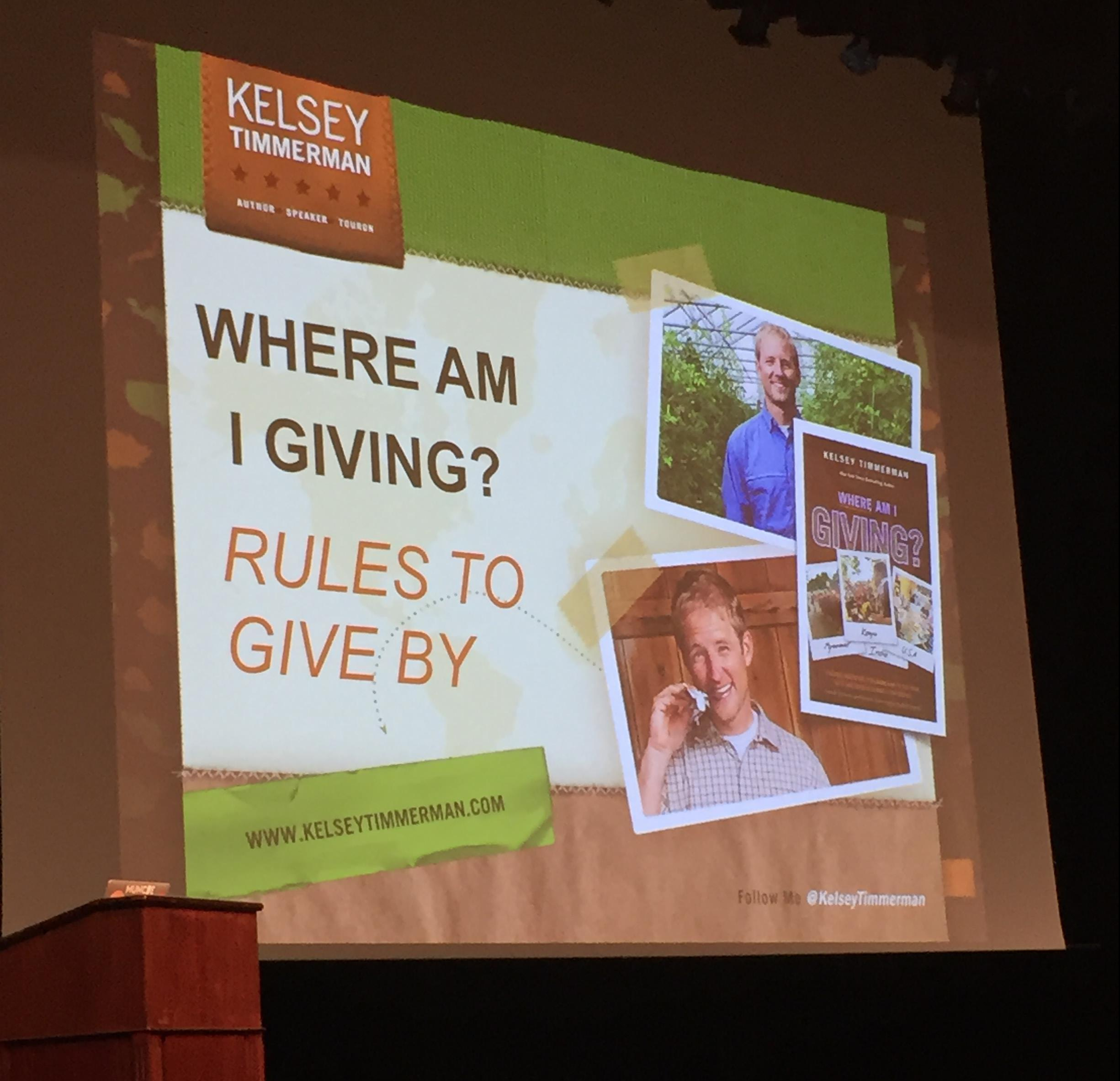
By Ashley Hathaway, Contributing Writer
Have you ever thought about where your clothes are made? What about where your food is coming from? For author and traveler Kelsey Timmerman, these questions began a life journey that has changed the way he sees the world. During his speech titled “You Might Just Change the World,” Timmerman takes us through his experiences as a traveler, and how these travels led to three books: “Where Am I Wearing,” “Where Am I Eating,” and “Where Am I Giving.”
Kelsey Timmerman began his journey one day shortly out of college when he was wearing a shirt that read: “Come with me to my tropical paradise.” When he noticed that the shirt was made in Honduras, Timmerman not only decided that he wanted to visit Honduras, but he also wanted to go to the exact factory his shirt was made in. So, he hopped on a plane and flew to Honduras. Once there, Timmerman describes himself waltzing up to the clothing factory with his “Come with me to my tropical paradise” t-shirt on, only to be denied entrance into the factory. Timmerman decided that his next best option was to wait outside of the factory to see if he could meet any of the workers.
Luckily, he soon met a man by the name of Amilcar. In his short time with Amilcar, Timmerman gave him the t-shirt, but did not ask him the many questions that were swarming his mind. This led to yet another trip to Honduras some years later, only for Timmerman to find out that Amilcar had moved to California to be able to work and support his family from the United States. He reached out to Amilcar and met him in California, where he learned of Amilcar’s incredible immigration story. Amilcar’s story was inspiring, and after sharing it, Timmerman shared an important message from Amilcar: “Life is about goals,” he said, so “no matter how difficult it is,” we must continue to fight for whatever our goals may be.
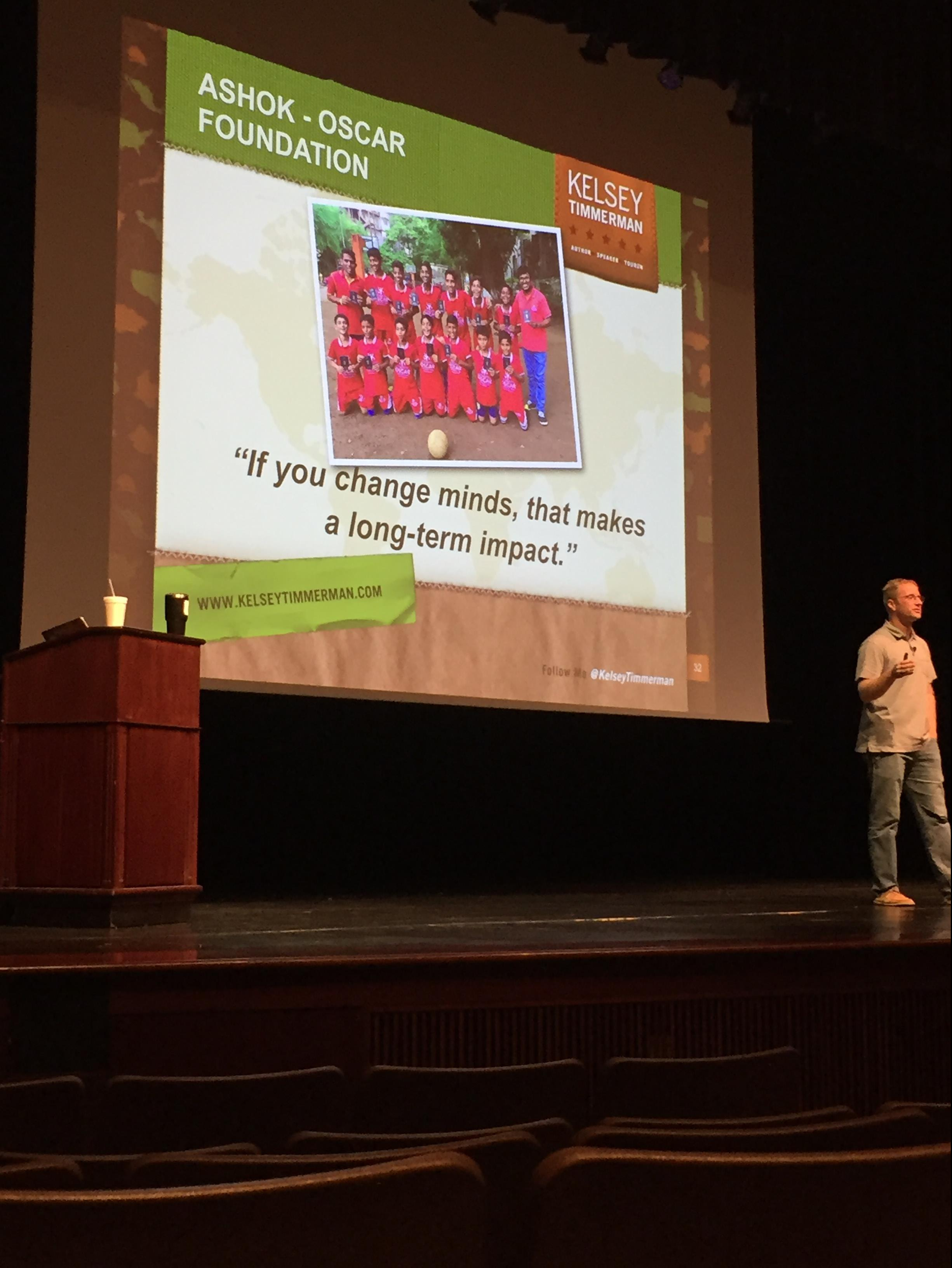
The book “Where Am I Wearing” took Timmerman across the world to Bangladesh, Cambodia, China, and many more places. His travels enabled him to see the world through the eyes of others, which led him to believe that we must “seek to learn” about others around the globe and the life that they are living.
This attitude and outlook started Timmerman’s next project: “Where Am I Eating.” While writing this book, Timmerman visited places such as Costa Rica, Colombia, and China. However, the most prevalent anecdote came from the time he found where his chocolate started.
During his search, Timmerman landed on a cocoa farm on the Ivory Coast. Here, he met a man by the name of Solo. Four months before Timmerman met Solo, he had decided to move from his home in Ghana to work on a cocoa farm on the Ivory Coast. However, Solo was not getting paid any money for his labor. For six hours a day and an entire years’ worth of work, Solo was going to get $300 to take back to his family in Ghana. While this might sound unpleasant enough, Solo’s boss was a man named Daniel, who Solo called “Master.” Daniel did not feed his workers when they were not working, he beat them, and he held them captive to the cocoa farm. Solo was in fact a slave, and Timmerman wanted nothing more than to help free him from the torturous situation he had landed in. Unfortunately, while trying to get Solo back to Ghana, Solo went for a walk and never returned. Timmerman is unsure if Solo chose to go back to the cocoa farm, or if he got captured. Either way, Solo ended up back in Daniel’s control.
In his discussion about his latest book, “Where Am I Giving,” Timmerman raised a lot of questions for the audience to consider. He tells the story of Rozy, a mother who lives in the most violent slum in Kenya. From Rozy’s boyfriend being killed right before she found out she was pregnant, to her brother being shot and killed, as well, she has been through unparalleled hardships that most cannot understand. Instead of letting her situation turn her towards the worst, Rozy began to turn her life around and is now the biggest peace advocate where she lives. Rozy gives motivation and light to the people she lives near every single day. For Timmerman, this brought up a question that he now thinks about every day. What are we doing to help others?
In light of his experiences, Timmerman believes that we can never become comfortable with how the world is. There is always something that can and must be changed for the better, and Timmerman lives through this motto by making an impact on all of those around him. We must question our motives and wonder what we can do for the betterment of all humans and our planet.
With that, I will leave you with Timmerman’s final words from his speech: “What will your impact be?”
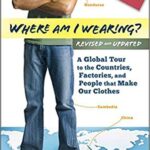
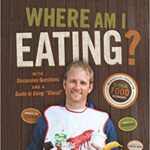
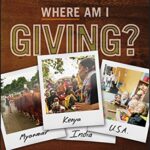
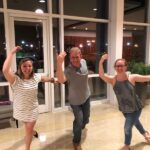
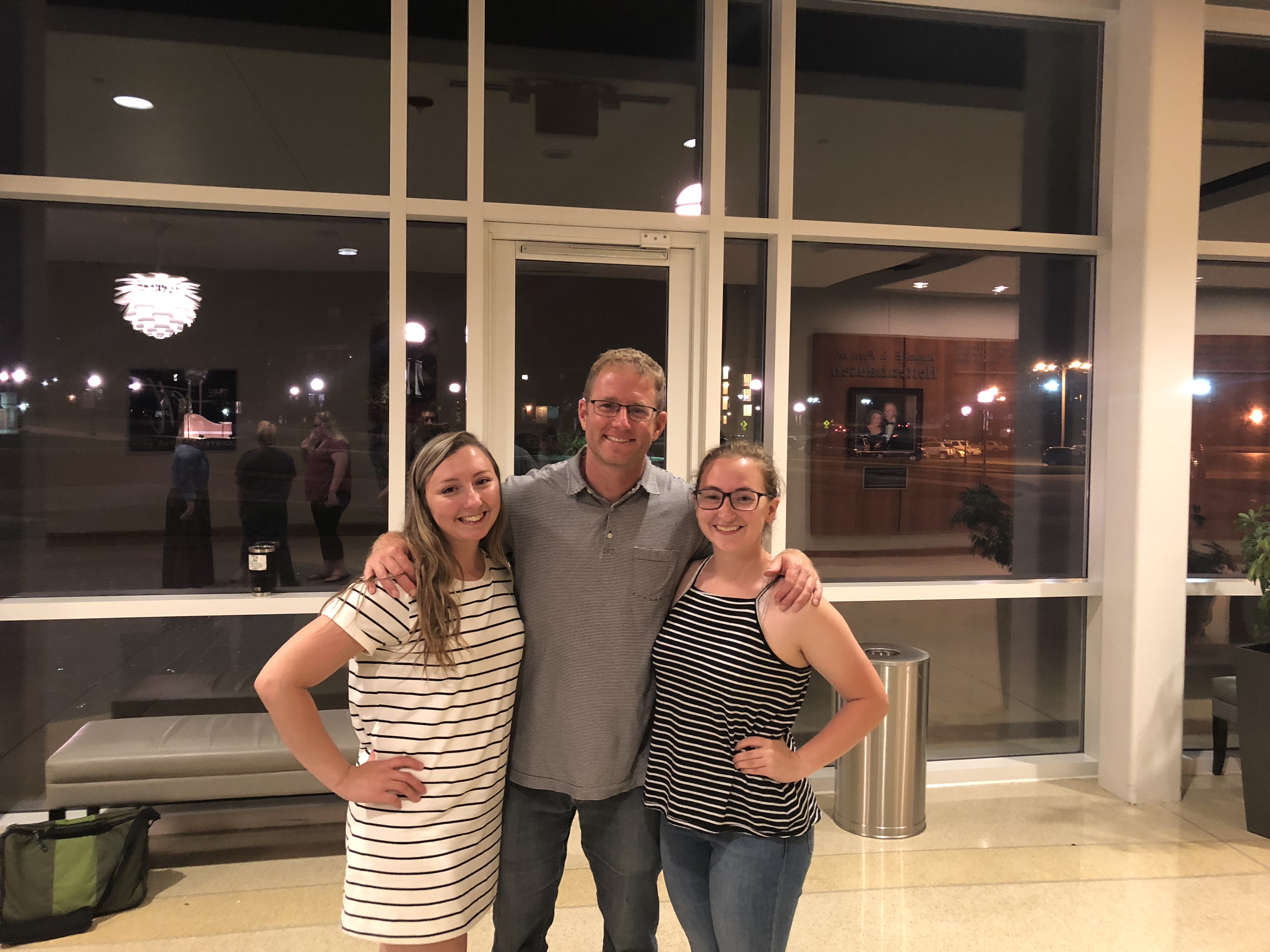
Thanks for this write-up, Ashley. What a wonderful night this was! And who knew that Mr. Timmerman could do ballet, too? Congratulations to everyone involved with the ALL IN initiative, and the Week of Civic Engagement.
Nice pieces.